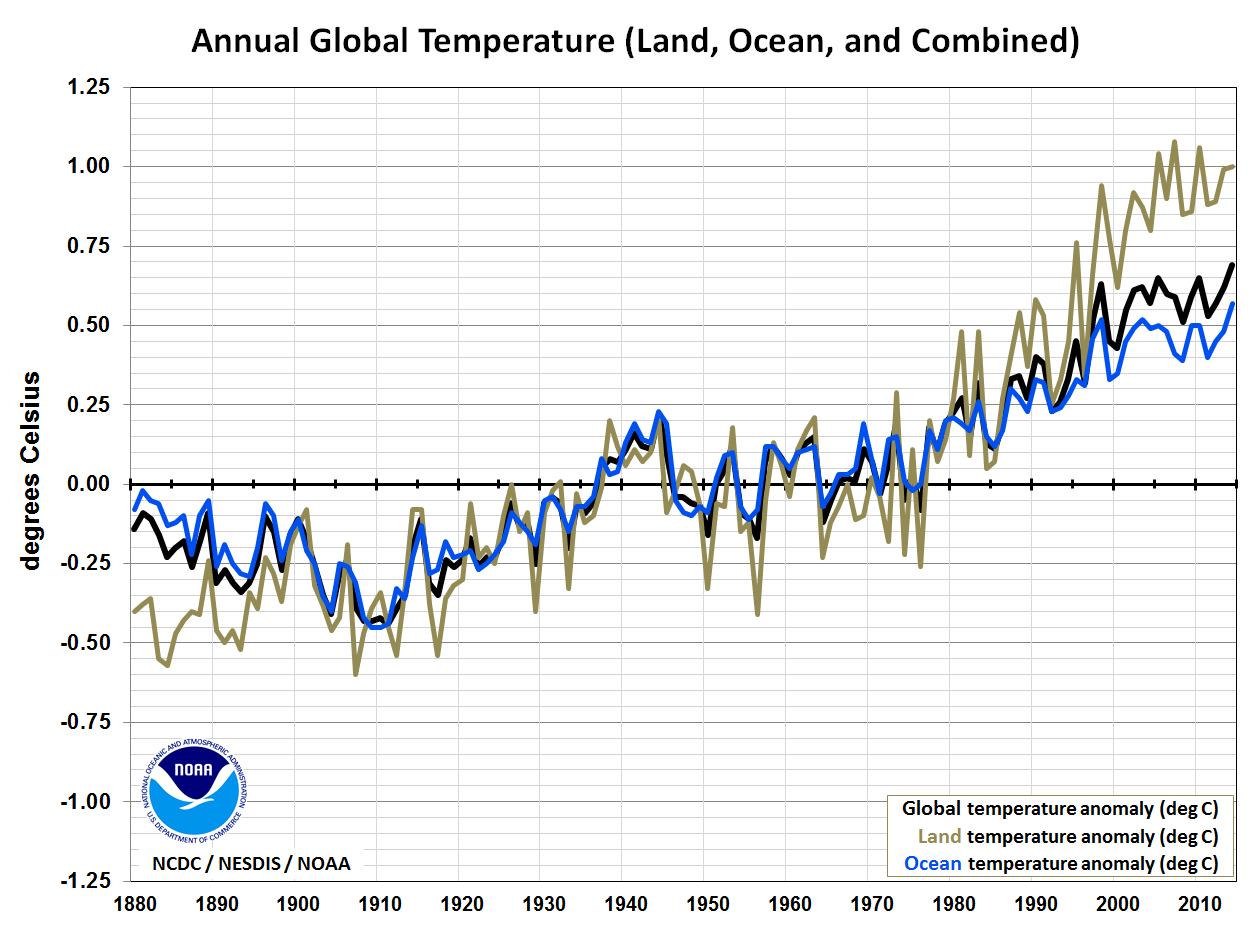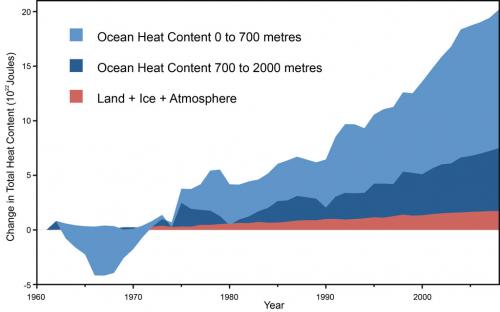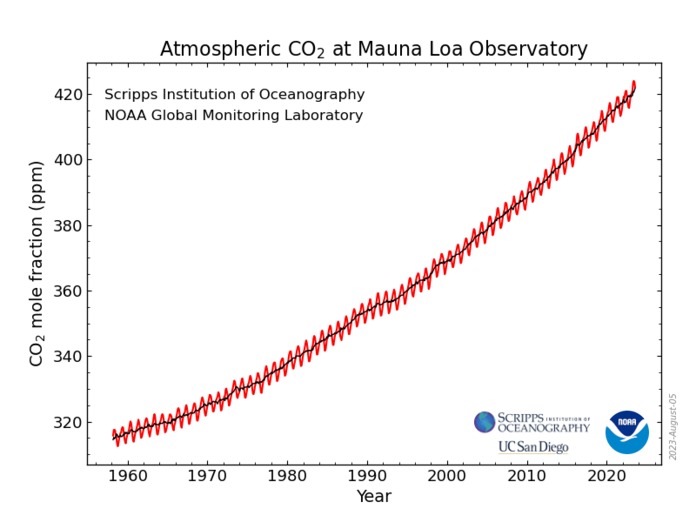200-Year Long National Isolation of Japan
The most remarkable incident in the Japanese history is that Japan closed the door to most of foreign countries from 1639 to 1854 during the Edo era when Japan was governed by the shogun, the head of the samurai class, whose castle was in Edo (Tokyo).
During this period of the national isolation, the samurai government allowed only China and the Netherlands to trade with Japanese merchants at Nagasaki in Kyusyu, the westernmost major island of Japan, while the shogun accepted a diplomatic mission form the Kingdom of Korea once in a few decades. And, under this policy of the national isolation, no Japanese were allowed to leave the nation, and no foreigners were allowed to enter Japan.
It means that while Europeans were busy conquering the world and America was rapidly developing, Japan was almost separated from the global trend. Incidentally, China was promoting trade with European nations in this period, which however resulted in the tragic Opium War in the middle of the 19th century.
One of the reasons for the shogun, who was from the Tokugawa clan, to adopt this national isolation is to stop Christianity from spreading in Japan, making Japanese people disobedient to shogun authority. Another reason is that the shogun was afraid that local feudal samurai lords might strengthen economy of their territory and come to have power to compete with the Tokugawa clan.
Christian missionaries who came to Japan between the middle of the 16th century to the early 17th century were all Catholics. Farmers, townsmen, and even samurais edified by Europeans missionaries looked like having more loyalty to the Vatican and God than the ruler of Japan, the shogun. So, the shogun and other top samurais were afraid that Japanese Christians might touch off the revolt. And actually, there occurred a large scale revolt in Shimabara, Kyusyu, in 1837 where about 40,000 farmers led by Christian leaders fought against local samurai lords. To suppress this revolt, the shogun had to send generals from Edo (Tokyo) and mobilize more than 100,000 samurai troops. The shogun and samurai leaders found extremely strong religious power in those insurgents.
So, Portugal ships were forbidden having access to Japan in 1839, though the diplomatic tie with Spain had been already cut in 1624. But, the Protestant nation, the Netherlands, which supported the shogun troops in the Shimabara Revolt, was allowed to barter with Japan, though only at one port of Nagasaki.
It is also said that at the time many poor Japanese women were sold to Spanish or Portuguese missionaries who further resold them to Western colonialists in Asia, etc. The shogun government tried to stop this human trafficking and decided to prevent Spanish and Portuguese missionaries and merchants from having access to Japan.
However, when the U.S. Government sent a mighty fleet to Edo (Tokyo) Bay, requesting the samurai government of Japan to open the nation in 1850s, this isolation policy was abandoned. But, it led to derogation of the shogun authority, a subsequent civil war, and the fall of the samurai regime in 1868.
Consequently, the samurai camp that defeated shogun's forces established a new government with the emperor at its center, which is called the Meiji Restoration. Then, modernization and Westernization of Japan started along with acceptance of Christianity that however took some time.
This 200-year long national isolation influenced national characteristics of the Japanese people. Even today, for example, Christians or church goers account for only 1.5% of the total population of 120 million.
But ironically, many of ex-samurais who had belonged to the Tokugawa clan turned to Christians after the Meiji Restoration. They needed new spiritual support to live in the new society where ex-anti-Tokugawa samurais occupied dominant positions in the Meiji Government. It is estimated that not a few today's Japanese Christians have ancestors who were ex-samurais on the Tokugawa side.
**** **** ****
Mar 8:25 After that he put his hands again upon his eyes, and made him look up: and he was restored, and saw every man clearly.
Mar 8:26 And he sent him away to his house, saying, Neither go into the town, nor tell it to any in the town.








